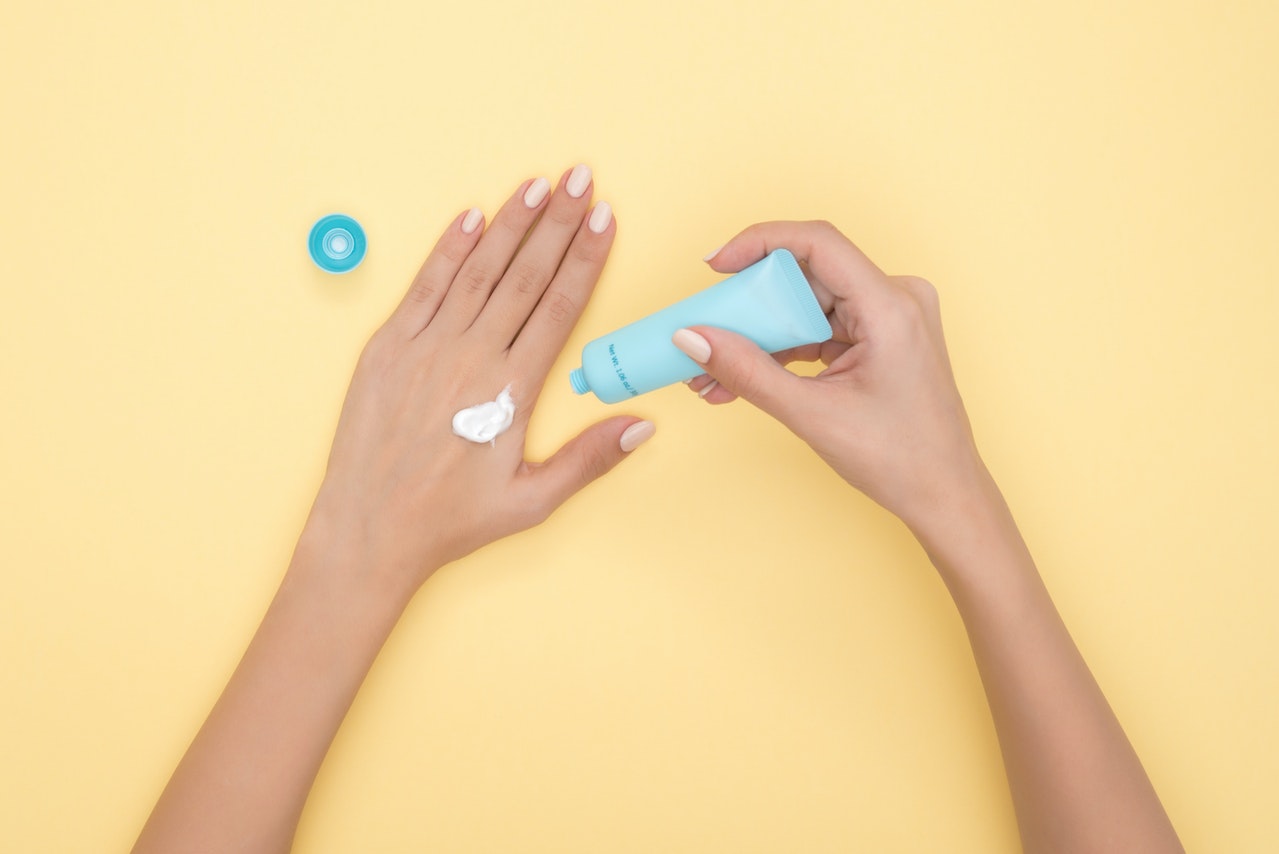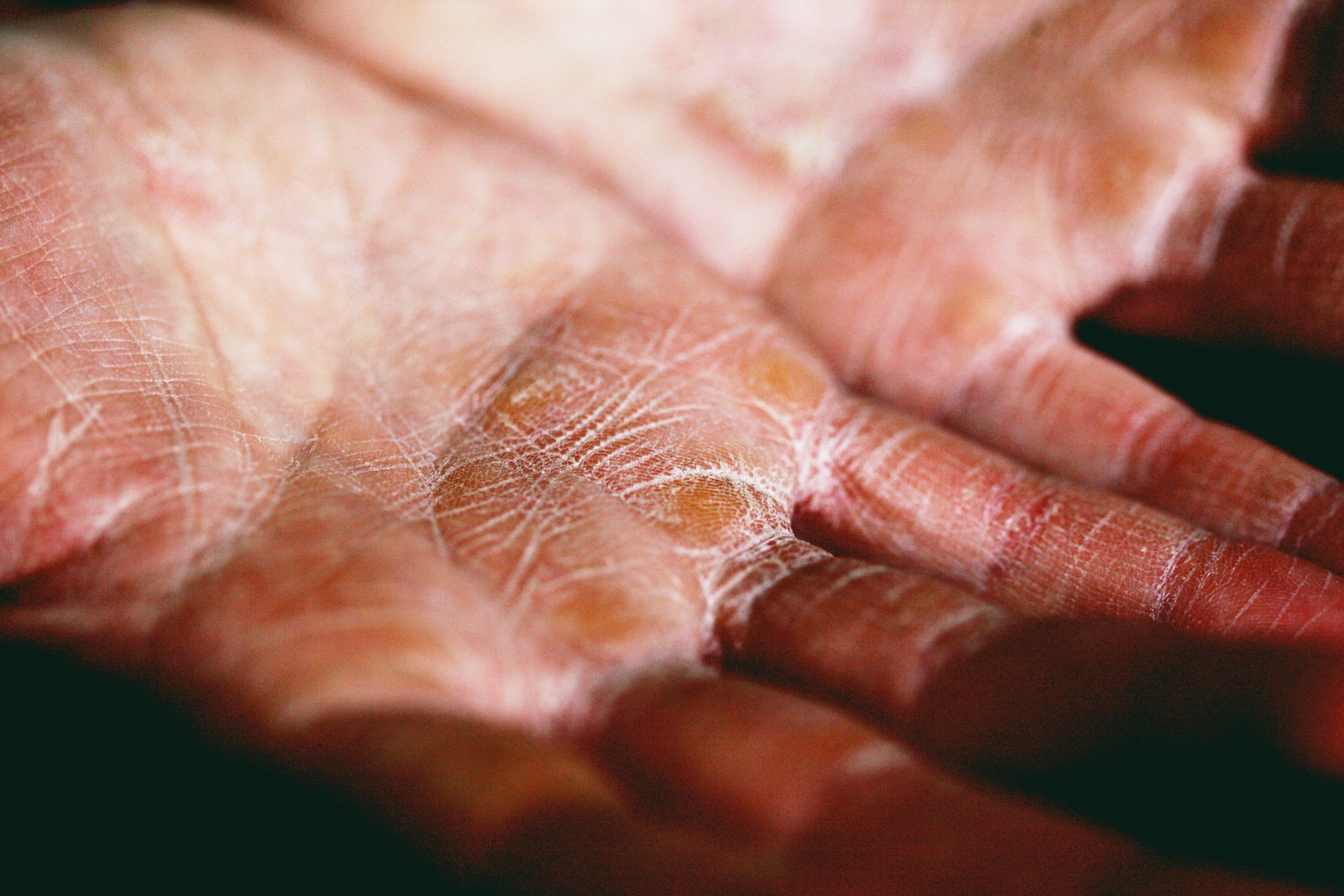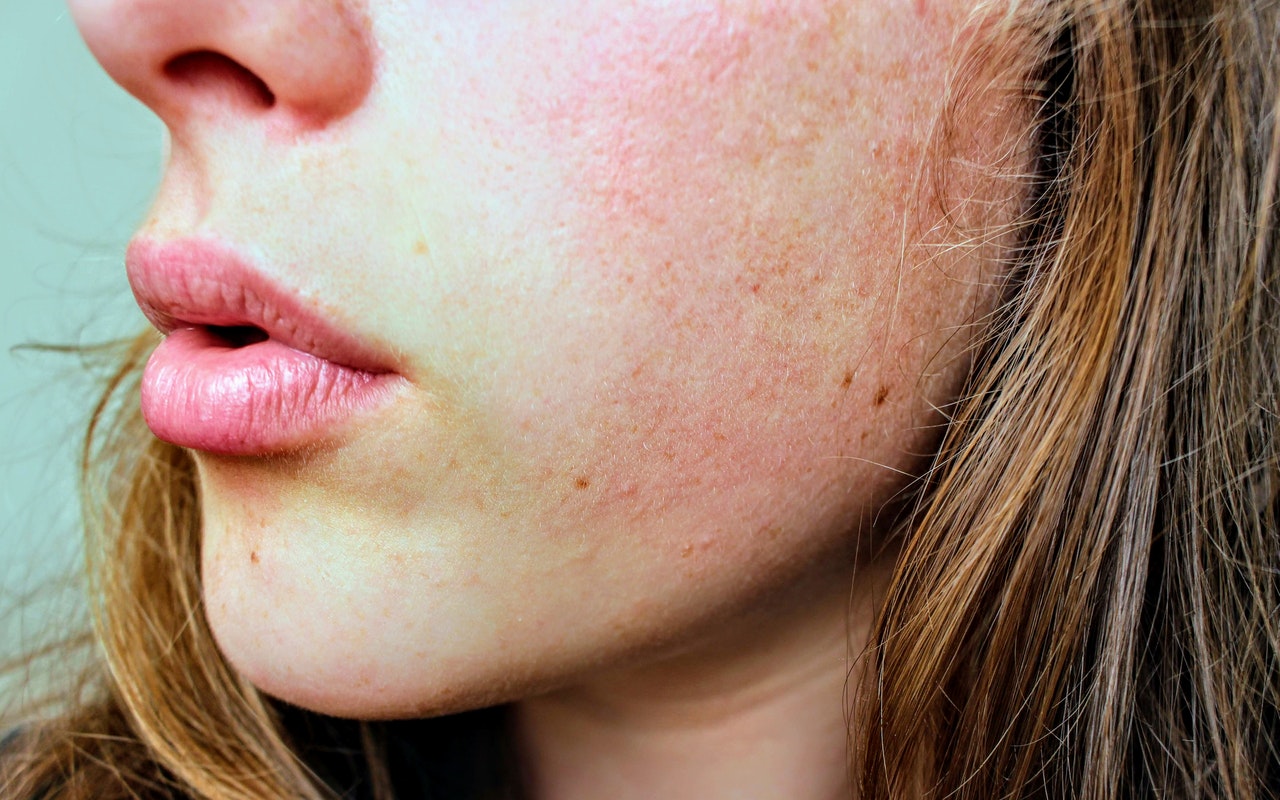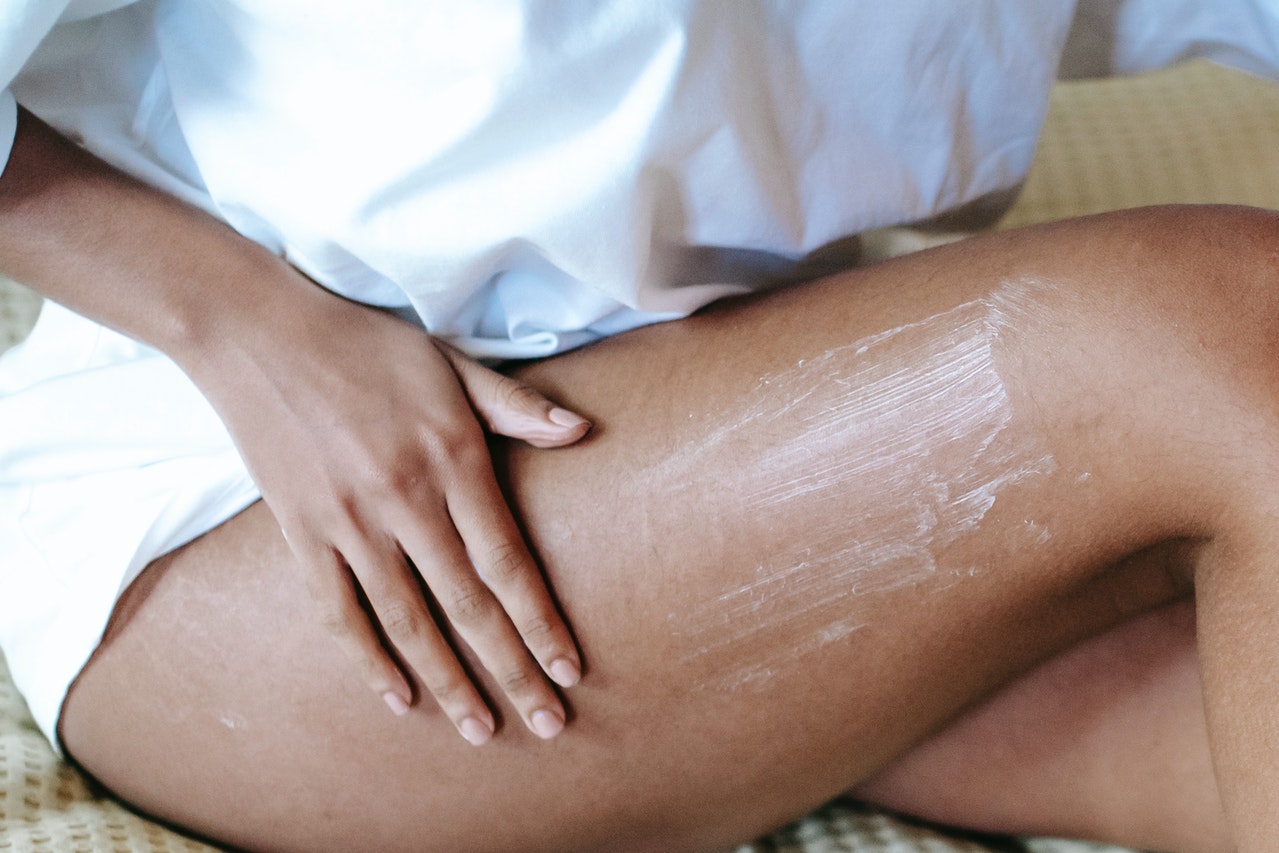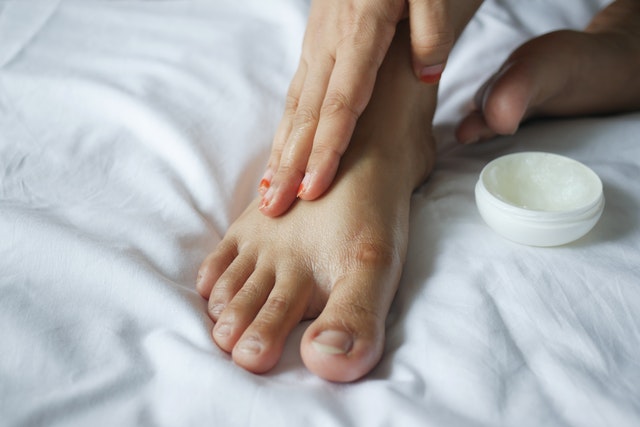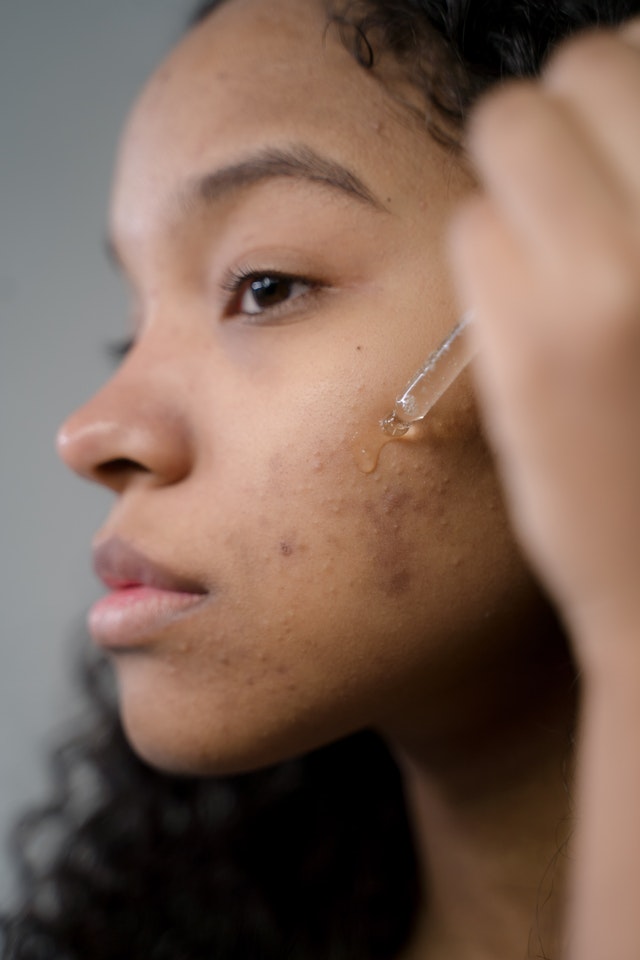I think most of us agree that natural is generally best when it comes to beauty products. Utilizing the best ingredients Mother Nature has to offer can help us improve our health and appearance. But I am of the opinion that natural isn’t always better and may not always be effective.
So if you’re wondering where I stand on natural deodorants, well … it’s complicated. Let me explain why.
The “Natural” Movement
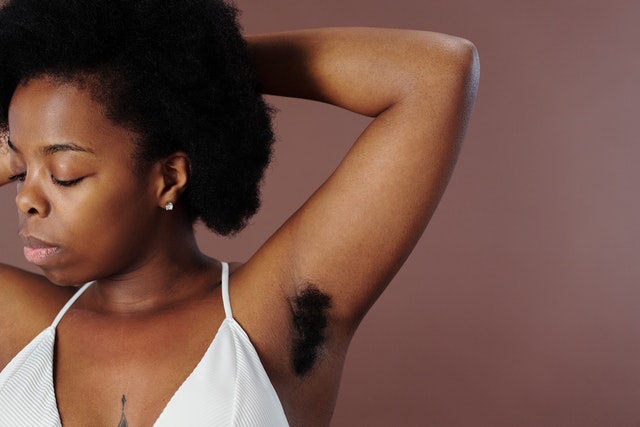
There is a large demographic of people who are migrating toward natural products. I generally think this is a great thing. Most natural deodorants are free from dyes, sulfates, parabens and phthalates. They also use responsibly sourced botanical ingredients. I say “most,” because the definition of “natural deodorant” seems to be fluid, depending on which company you talk to.
Honest, well-meaning companies work long and hard to come up with safe, natural formulas that do what they’re marketed to do. But of course, there are some bad apples that label their products as “natural” even when they contain many of the same chemicals you’ll find in traditional commercial beauty products. So it’s important to do your research and pay close attention to labels when you buy “natural” deodorants.
The Debate About Natural Deodorant Effectiveness

When it comes to body odor, it’s often a two-headed beast. On one hand, you have bacteria that love the atmosphere your underarms provide. But those bacteria don’t often start to smell until you introduce them to perspiration. Our underarms are notorious for emitting perspiration when we exert ourselves or when our bodies get too hot.
When perspiration and underarm bacteria meet, the result is a not-so-pleasant smell that can be mild or overwhelming, depending on who you are. The problem with many natural deodorants is that they are not considered antiperspirants. Instead, they are formulated with anti-bacterial agents and fragrances to help block body odors. This means they don’t stop perspiration, which is viewed by many as the underlying cause of body odor.
How Antiperspirants Work
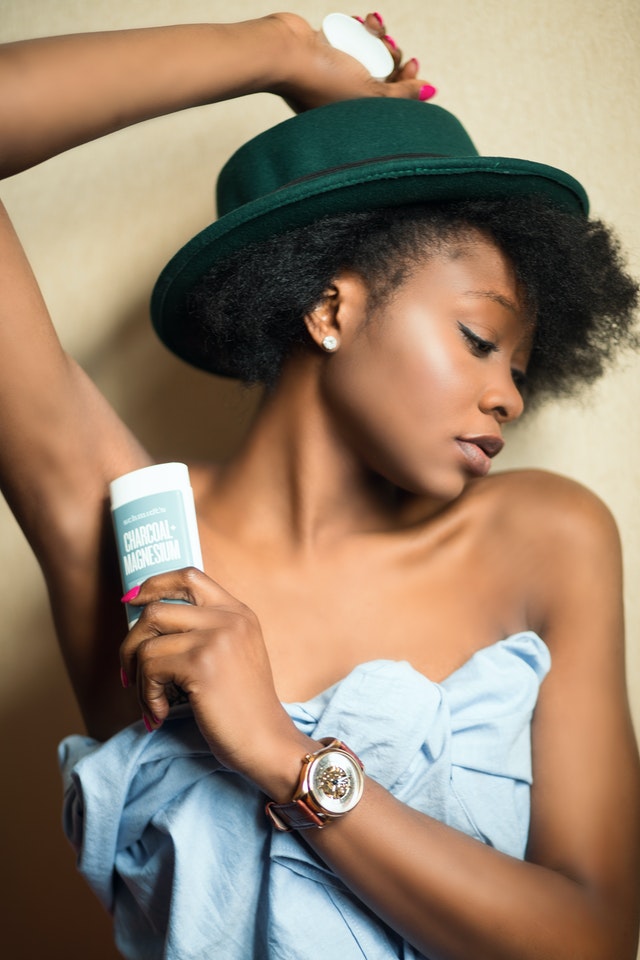
Most commercial antiperspirants physically block the secretion of sweat by plugging the sweat glands with an aluminum salt. This means most of your underarm sweat won’t ever reach your skin. Many people see this as a positive thing because it cuts back on body odor, but others think the body’s natural method for sweating out toxins shouldn’t be prevented. I tend to agree with the latter group. Additionally, research shows that continued use of antiperspirants changes the balance of bacteria in the armpits and may reduce the “good guys.” But the jury is still out regarding whether or not deodorants with antiperspirants are safe or dangerous for long-term use.
The Case for Natural Deodorant

If you don’t like the idea of messing with your body’s natural sweat processes, or if you have experienced any kind of reaction to commercial deodorant products, you may want to give natural deodorant a try.
You should understand that when you first stop using regular deodorant/antiperspirant products, your sweat production and odor will likely increase for a couple of weeks. Don’t mistakenly attribute this reaction to your natural deodorant. It happens because you’re no longer blocking your sweat glands, so all that built-up sweat and bacteria will release within the first two weeks.
If you can be patient and make it through the initial sweaty and stinky stage, you may discover that your body naturally starts to produce less sweat. You may also notice your body odor decrease or become milder as a result of the antimicrobial ingredients in your natural deodorant and the changes to your underarm bacteria.
Having said all this, you may find that some natural deodorant works much better for you than others. Natural deodorant that works for my best friend doesn’t work well for me, and vice versa. Take some time to test out different brands until you discover the type that provides the best results.



